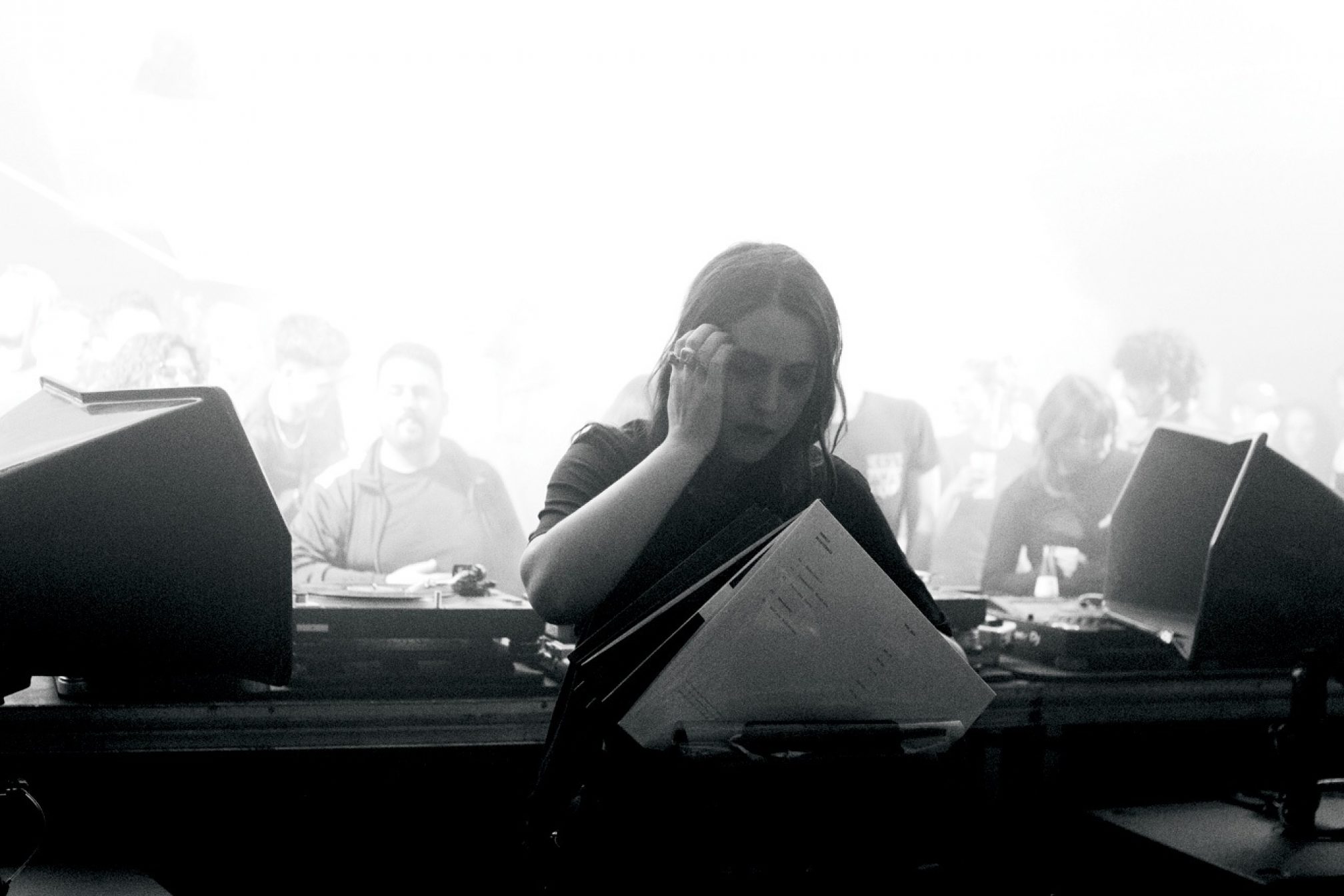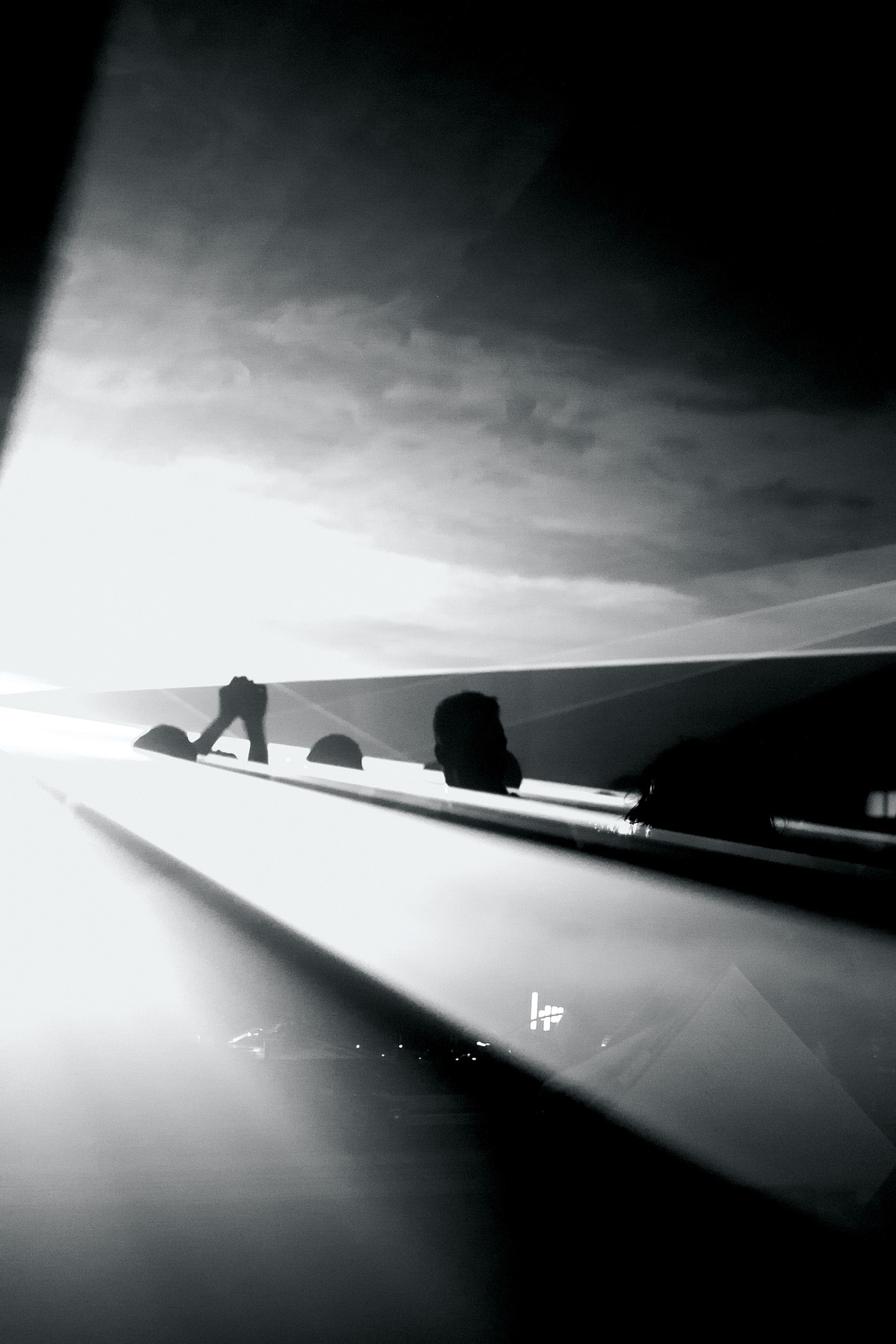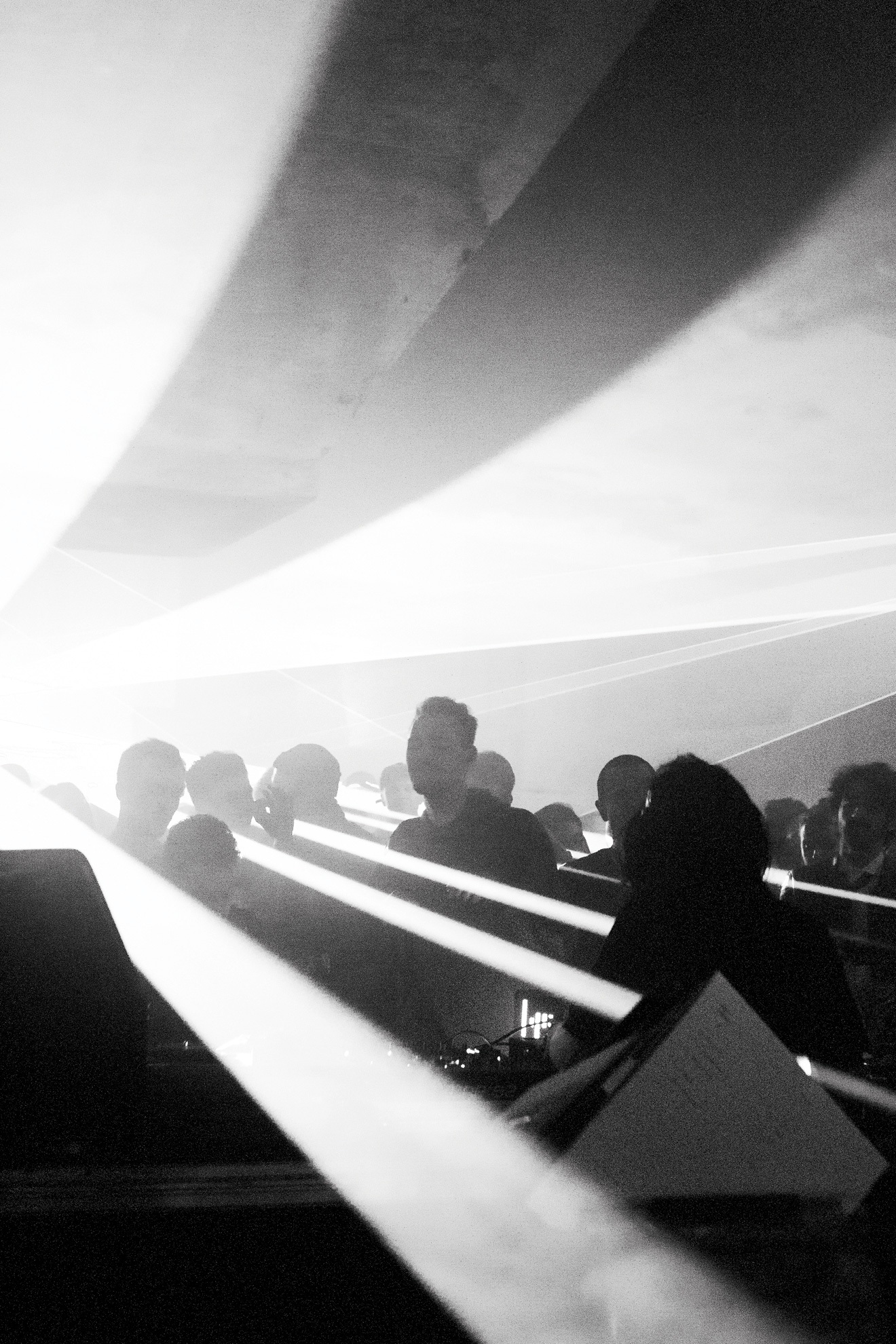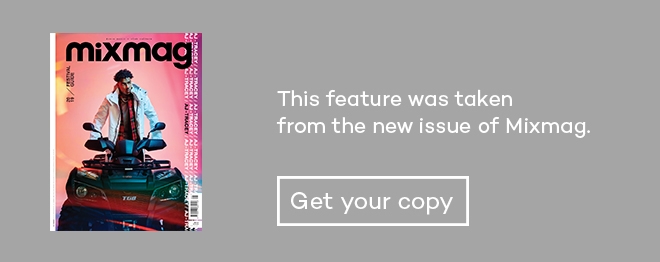 Scene reports
Scene reports
Industrial pressure: Third Room Collective's dedication to techno in brutal spaces
Essen, Germany's old industrial heartland, is the home of Third Room Collective's parties
“This was built for this kind of music,” Ahmet Sisman gestures to the venue he’s worked tirelessly to secure for tonight. It’s easy to see what he means; Mischanlage could be the most aesthetically-techno place we’ve ever seen. The building sits within the Zollverein Industrial Complex, in suburban Essen, Germany. Once the largest coal mine in the world, abandoned in the 1980s, the landscape is now a graveyard of monolithic relics from a lost era. Rusting machinery, shafts and coke plants wait for workers that won’t return. The interior is even more brutal.
A solid concrete chamber forms the focal point for The Third Room collective’s 800-capacity all-nighter. A prominent event series and soon-to-be-label in the region, they’ve drafted in granite guests and a bone-crushingly heavy rig for the occasion. The list includes Berghain and Panorama Bar’s Efdemin and Spanish techno don Oscar Mulero, with Hamburg’s electro sledgehammer Helena Hauff closing. The only escape route is a dark corridor leading to street level, packing more pipework and pressure valves than the an HR Giger interior from Aliens.
“My aim was to go outside normal clubs and find special venues in this region, because this was the old industrial heart of Germany and we have all these abandoned places,” says Sisman, going on to explain that Zollverein’s bauhaus and New Objectivity architecture helped enshrine it as a UNESCO World Heritage site, bringing marketing potential – but also huge headaches.
“The first time I wanted to do something here it took me seven meetings,” he recalls of his initial dealings with the Zollverein Foundation, an ambivalent attitude towards electronic music mirroring a wider disdain among local council leaders. “This is not Amsterdam or Berlin, where the city acknowledges it is an important economical part of the city.”

Overcoming obstacles from local authorities was just one hurdle in the process. UNESCO has protected an unarguably unique and historically valuable place. But those applying to use it for anything that could be remotely considered counterculture often find themselves locked out, despite the site rarely being used for other purposes.
“In the end it’s UNESCO World Heritage, and that means it’s financed by European Union money. If you want to be really strict about it, it’s our money [as taxpayers],” Sisman says, before telling us that he’s determined to eventually use this stunning space every month. “I believe it would change the profile of the neighbourhood, so young people interested in art would move in. But you need to do it in a non-capitalistic way, you know; you don’t want to scare off the people already living there.”
This is the first year The Third Room will be able to hold four events at Mischanlage, having been allowed sporadic one-offs since 2015. Approval for 12 is still a pipe dream, then, but the desire to make it happen stems from necessity. Essen and the surrounding Ruhr area, population five million, has struggled to recover post-industry, and maintaining a small but significant nocturnal culture is equally challenging when you’re in striking distance of Amsterdam, Berlin and Cologne.

In April, prominent Essen club Studio, once The Third Room’s regular home, shut. “I think it’s really hard for everyone at the moment,” Maik Lush, aka Someone Outside. Another member of the crew, he opened this evening alongside Sisman, moving through ghostly ambient to the first thunderous fours.
“We tried a lot of different things at our former club in Essen. But only when the main act was big enough were people coming. But to keep that level is nearly impossible and really expensive,” Lush says. We ask him whether Mischanlage’s potential as a venue could reinvigorate a scene: “I think it’s kinda hard to figure that out. But it can happen if we get the support from the city as a big cultural project.”
It’s a familiar situation. Across Europe overheads for club promoters and owners have soared amid property and tech booms. Running costs and rents are up, and artist fees are rocketing. Options for cultural funding sources are often out of reach for dance music, save for a few famously progressive cities. The benefits of our globalised age – cheap travel, immediate information –make it increasingly likely that less-celebrated areas will lose once-loyal crowds to beacon destinations, social media posts of other visitors documenting epic experiences, acting as honeytraps.

“Germany has become like most of the other countries. In England everyone goes to London, in France everyone goes to Paris, now here everyone goes to Berlin. That wasn’t the case before,” says Phillip Sollmann, aka Efdemin, when we take five in the outdoor smoking area – the only part of Mischanlage where it’s possible to hear yourself think. Growing up in Kassel, another small German city that had a ferocious reputation for clubs in the 1990s, he understands the significance of smaller scenes.
“They always have something local and something special that only the people there know about because they made it,” he says. “I think it’s very hard these days with the internet and social media to establish something local and really special to that place, born out of the area with that mentality and tradition and everything. We all struggle with the internet and social media because it destroys everything local.”
Back inside, The Third Room’s efforts are paying off. Transparent Sound’s unifying classic ‘Hell Bent (Dub Kult)’ thumps from the stacks as Hauff gets into gear, commanding a crowd comprising black-clad purists, sportswear ravers and old-schoolers dressed like parents. It exemplifies how broad dance culture’s reach can be when it’s given a fighting chance. There’s no quick solution to the local club predicament, but with ambition, dedication and even the most limited support it’s possible to make serious noise well into mid-morning outside the major nightlife hubs, rather than going gentle into that good night.
Martin Guttridge-Hewitt is a freelance writer and regular contributor to Mixmag, follow him on Twitter



